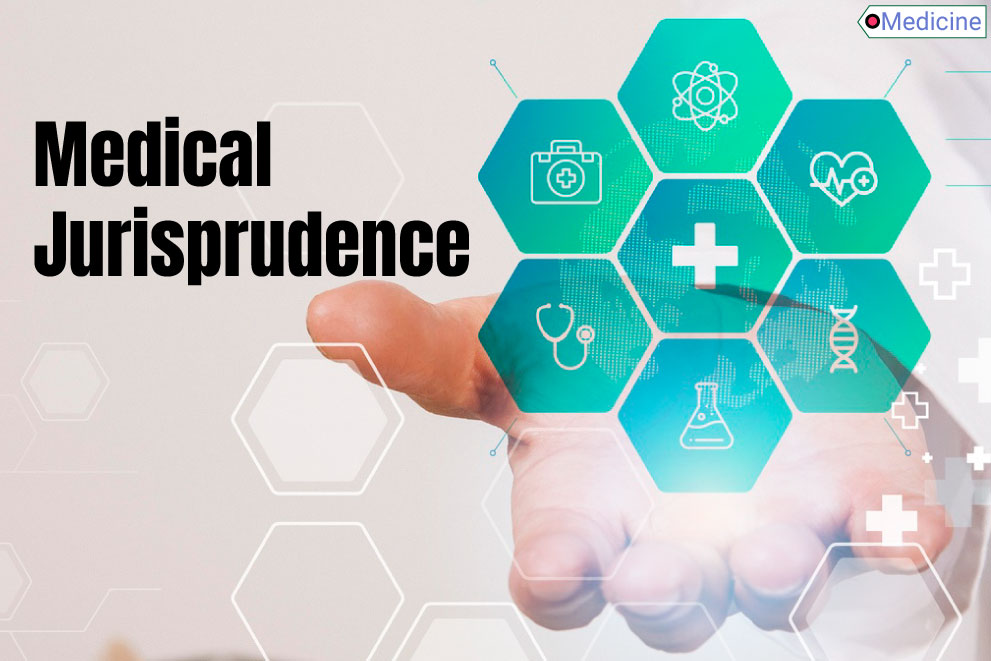Medical Jurisprudence

Medical Jurisprudence, also known as Forensic Medicine or Legal Medicine, is an interdisciplinary field that bridges medicine and law. It involves the application of medical knowledge to legal issues and the administration of justice. Medical jurisprudence plays a critical role in cases where medical facts are relevant to legal decisions, such as criminal investigations, civil disputes, and regulatory compliance.
Key Areas of Medical Jurisprudence:
-
Forensic Pathology:
-
Investigation of sudden, unexpected, or suspicious deaths.
-
Performing autopsies to determine cause, manner, and time of death.
-
Assisting in criminal cases by providing evidence of injury, poisoning, or disease.
-
-
Clinical Forensic Medicine:
-
Examination of living individuals in cases of assault, sexual violence, or abuse.
-
Documentation of injuries and collection of forensic evidence (e.g., DNA, toxicology samples).
-
Providing expert testimony in court.
-
-
Medical Malpractice and Negligence:
-
Evaluating cases where healthcare professionals are accused of failing to meet the standard of care.
-
Assessing whether a patient’s injury or harm resulted from medical error or negligence.
-
Providing expert opinions in civil litigation.
-
-
Toxicology:
-
Studying the effects of drugs, chemicals, and poisons on the human body.
-
Analyzing toxic substances in cases of overdose, poisoning, or drug-related crimes.
-
Assisting in workplace safety and environmental health cases.
-
-
Psychiatry and the Law:
-
Evaluating mental health issues in legal contexts, such as competency to stand trial or criminal responsibility.
-
Assessing claims of insanity or diminished capacity.
-
Providing expert opinions in cases involving mental health and capacity (e.g., guardianship, wills).
-
-
Ethical and Legal Issues in Medicine:
-
Addressing ethical dilemmas, such as end-of-life care, informed consent, and patient confidentiality.
-
Ensuring compliance with healthcare laws and regulations.
-
Advising on issues like organ transplantation, reproductive rights, and genetic testing.
-
-
Workplace and Insurance Medicine:
-
Evaluating injuries or illnesses related to employment.
-
Assessing disability claims and fitness for work.
-
Investigating cases of workers’ compensation or insurance fraud.
-
-
Public Health and the Law:
-
Addressing legal issues related to disease control, vaccination, and quarantine.
-
Ensuring compliance with public health regulations.
-
Investigating outbreaks and enforcing health policies.
-





